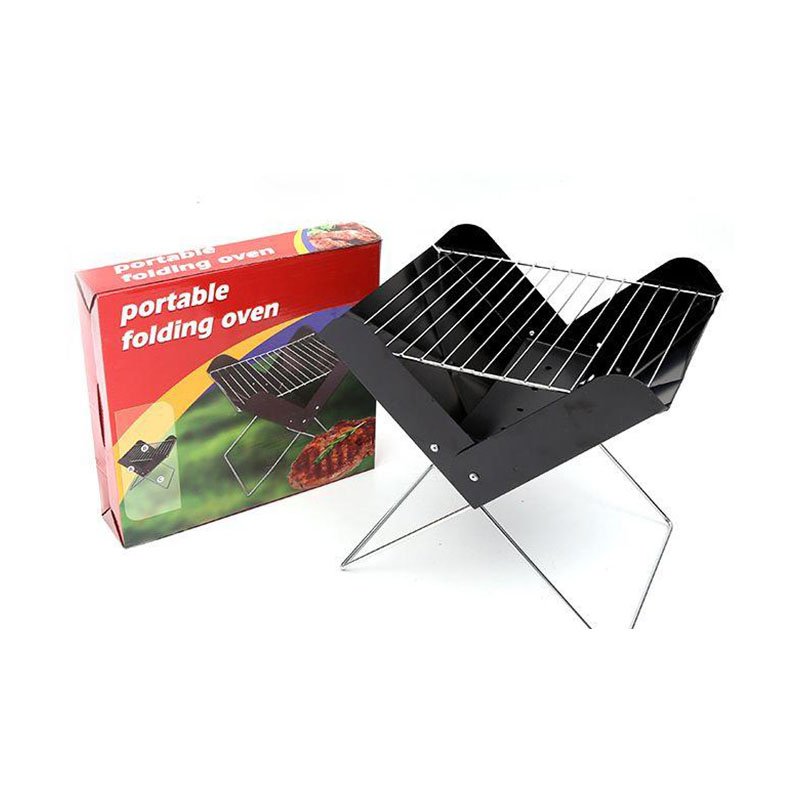Outdoor picnics offer a perfect opportunity to enjoy nature, good company, and delicious food. A barbecue grill can elevate the experience by allowing you to cook fresh meals on-site. However, with so many options available, choosing the best grill for your outdoor picnic can be challenging. The ideal barbecue grill should balance portability, performance, fuel efficiency, and ease of use. Below is an overview of the top types of grills suited for picnics, along with their pros and cons.
1. Charcoal Grills
Charcoal grills are a classic choice among barbecue enthusiasts due to the smoky flavor they impart to food. They typically use lump charcoal or briquettes as fuel and often feature compact designs suitable for picnics.
Pros:
Authentic, rich barbecue flavor.
Relatively inexpensive.
Simple design that’s easy to maintain.
Cons:
Longer preheating time (usually 15–20 minutes).
More difficult to control temperature.
Requires carrying charcoal, lighter fluid, and disposal bags.
Best For: Those who prioritize flavor and traditional grilling methods.
Popular models include the Weber Smokey Joe and Char-Broil Go Anywhere, both of which are small, portable, and durable.
2. Gas Grills
Portable gas grills run on propane or butane canisters and offer convenience and precise temperature control. These grills are great for picnickers who want quick setup and consistent heat.
Pros:
Instant heat with adjustable temperature settings.
Quick start-up—no waiting for coals to heat up.
Easy to clean and maintain.
Cons:
Heavier than some other portable options.
Fuel canisters must be purchased separately.
Not always allowed in certain parks or wilderness areas.
Best For: People who value speed, control, and ease of use.
Top choices include the Coleman RoadTrip 285 and Camp Chef Explorer, both known for their durability and even heating.
3. Electric Grills
Electric grills are a modern alternative, especially useful in areas where open flames are restricted. They plug into a power source, making them safe and convenient for urban parks or campgrounds with electricity.
Pros:
Smokeless and safe for fire-restricted zones.
Lightweight and easy to set up.
No fuel required beyond access to electricity.
Cons:
Limited mobility due to reliance on electrical outlets.
Less intense heat compared to charcoal or gas.
Not suitable for remote locations without power.
Best For: Urban picnics or areas with strict fire regulations.
Models like the George Foreman Indoor/Outdoor Grill and Cuisinart Electric Griddle are popular for their versatility and safety features.
4. Wood Pellet Grills
Wood pellet grills combine the benefits of charcoal and gas grills by using wood pellets as fuel. These grills provide a unique smoky flavor while offering digital temperature controls.
Pros:
Delicious, wood-fired taste.
Precise temperature regulation.
Environmentally friendly fuel source.
Cons:
More expensive than other portable options.
Require a power source for the digital controller.
Pellets may not be as readily available as charcoal or gas.
Best For: Enthusiasts looking for gourmet results in a portable package.
The Pit Boss Tailgater and Green Mountain Davy Crockett are excellent examples of compact pellet grills designed for outdoor adventures.
5. Hybrid and Portable Grills
Some manufacturers offer hybrid grills that can use multiple fuel sources—such as charcoal, gas, or wood pellets—providing flexibility for different environments.
Pros:
Versatile fuel options.
Often lightweight and foldable for transport.
Can adapt to various picnic settings.
Cons:
May compromise on performance in each fuel type.
Slightly more complex to operate.
Best For: Adventurers who travel to diverse locations and need flexibility.
Key Considerations When Choosing a Picnic Grill
Portability: Look for compact, lightweight models with handles or carrying cases.
Cooking Area: Choose based on group size; a small grill serves 2–4 people, while larger ones suit bigger groups.
Durability: Opt for rust-resistant materials like stainless steel or porcelain-coated surfaces.
Ease of Cleaning: Removable drip trays and non-stick surfaces make cleanup easier.
Fuel Availability: Consider where you’ll be picnicking and what fuel sources are accessible or permitted.
For most outdoor picnics, portable gas or charcoal grills strike the best balance between flavor, convenience, and ease of use. If you're heading to a park with electricity, an electric grill might be your safest bet. Meanwhile, wood pellet grills are ideal for those who don’t mind a bit of extra setup in exchange for gourmet results. Ultimately, the best grill depends on your preferences, group size, and location.
No matter which grill you choose, the key is to pack it with your favorite foods, seasonings, and tools—and get ready for a memorable, mouthwatering picnic under the sun.


 English
English Español
Español



